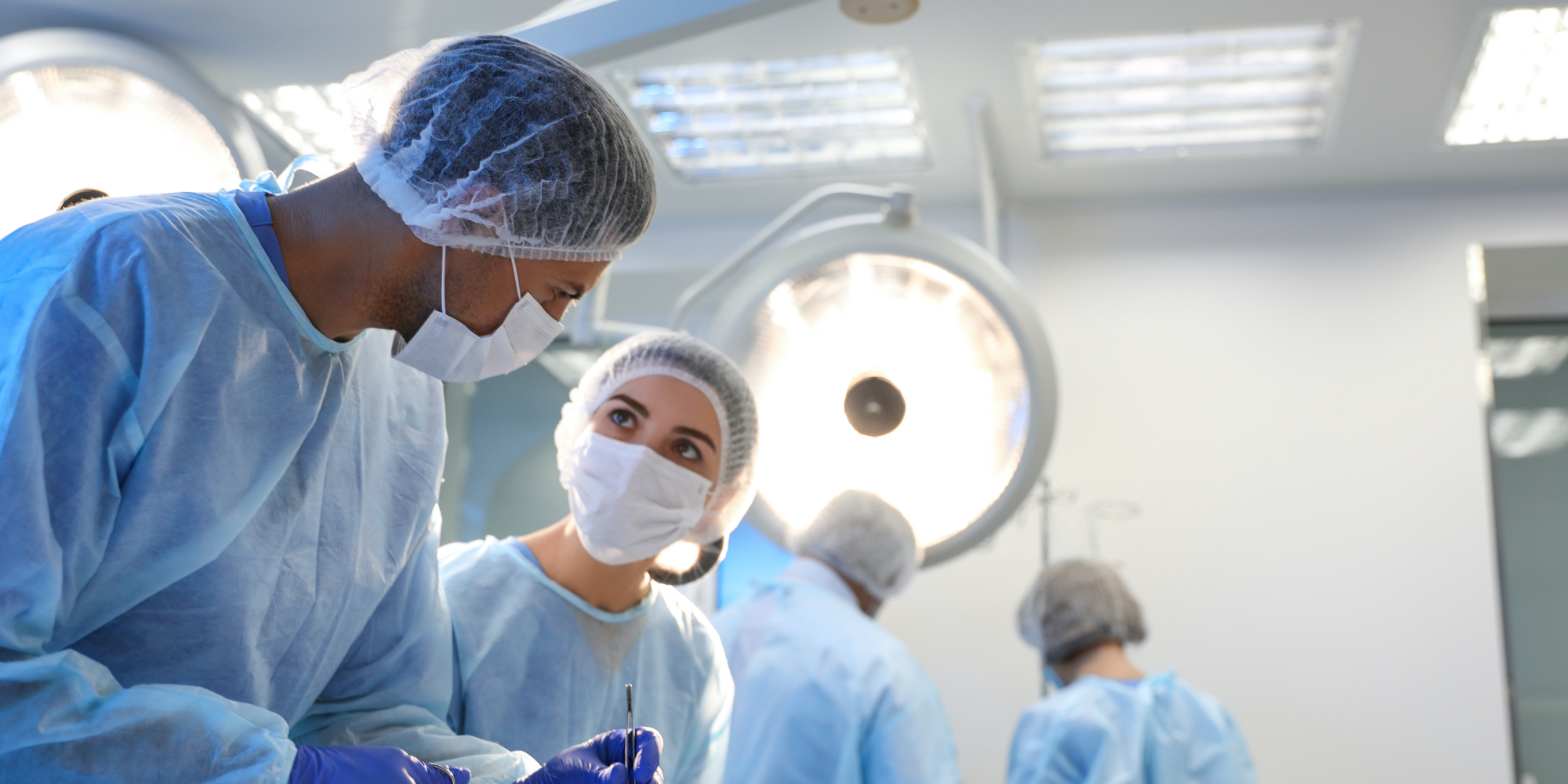What Is an Endoscopy?
Endoscopy involves inserting a long, thin tube with a camera into the body through a natural opening in order to get detailed images of an organ or tissue for diagnostic purposes and in some cases, for treatment, such as tumor removal. Endoscopes can be inserted through the mouth or anus. An EGD, or esophagogastroduodenoscopy, is the formal name for an upper endoscopy, used to investigate the upper digestive system, which includes the esophagus, stomach, and first portion of the small bowel. A colonoscopy is a procedure used to examine the colon or large intestine. It may be used to detect and remove polyps, detect cancer, or to evaluate the colon for other problems.
What Types of Conditions Does Endoscopy (EGD and Colonoscopy) Treat?
An EGD or a colonoscopy can be used to investigate complaints such as chest or abdominal pain, heartburn, nausea and vomiting, blood in the GI tract, and other complaints that may indicate an internal problem. An EGD is a valuable diagnostic tool that has a higher accuracy than X-rays when it comes to detecting abnormal growths like cancer tumors or ulcers in the upper digestive system. An EGD can also be used to remove stuck objects or to dilate narrowed spaces in the body, as well as to treat bleeding. Colonoscopies are often used to investigate the source of anemia, an abnormal stool study, or simply for routine screening purposes. This may help to prevent colorectal cancer by identifying and removing polyps or polypoid growths before they may transform into malignancy.

What Results Can I Expect From an EGD or Colonoscopy?
We perform screening, diagnostic and therapeutic endoscopy, EGDs (upper GI tract endoscopy) and colonoscopy at Athens-Limestone Hospital, the ALH Surgical Tower and the Madison Outpatient Surgery Center. Screening and diagnostic endoscopies can help us locate the source of your internal discomfort as well as help us to examine any abnormal growths that may be cancerous. We can use therapeutic endoscopies to stop bleeding or remove abnormal growths that may be causing you discomfort or putting your health at further risk.
For a colonoscopy, before the procedure, it is important to follow a bowel prep as instructed, which will evacuate the colon of fecal material so that we may obtain a good view of the lining of the colon. You will receive an IV upon arrival, and you will be sedated during the procedure. After a colonoscopy, you may have some gaseous discomfort from insufflation, which typically shortly passes. Because of the sedation, you will need a driver to take you home afterward. From the procedure itself, you should be able to return to full activities the following day. Any polyps that are removed, or biopsies that are performed will be submitted to a pathologist for further analysis, and we will discuss their findings at a later time.
Schedule Your EGD or Colonoscopy in Alabama with Surgical Services of Athens
Surgical Services of Athens is your source for modern, compassionate surgical care in Athens, Huntsville, Madison and surrounding areas. Combining years of experience with modern surgical techniques, we provide our patients with the best possible outcomes. For an EGD or a colonoscopy in Alabama, call us at 256-216-6500 or fill out the contact form below to schedule a consultation.


